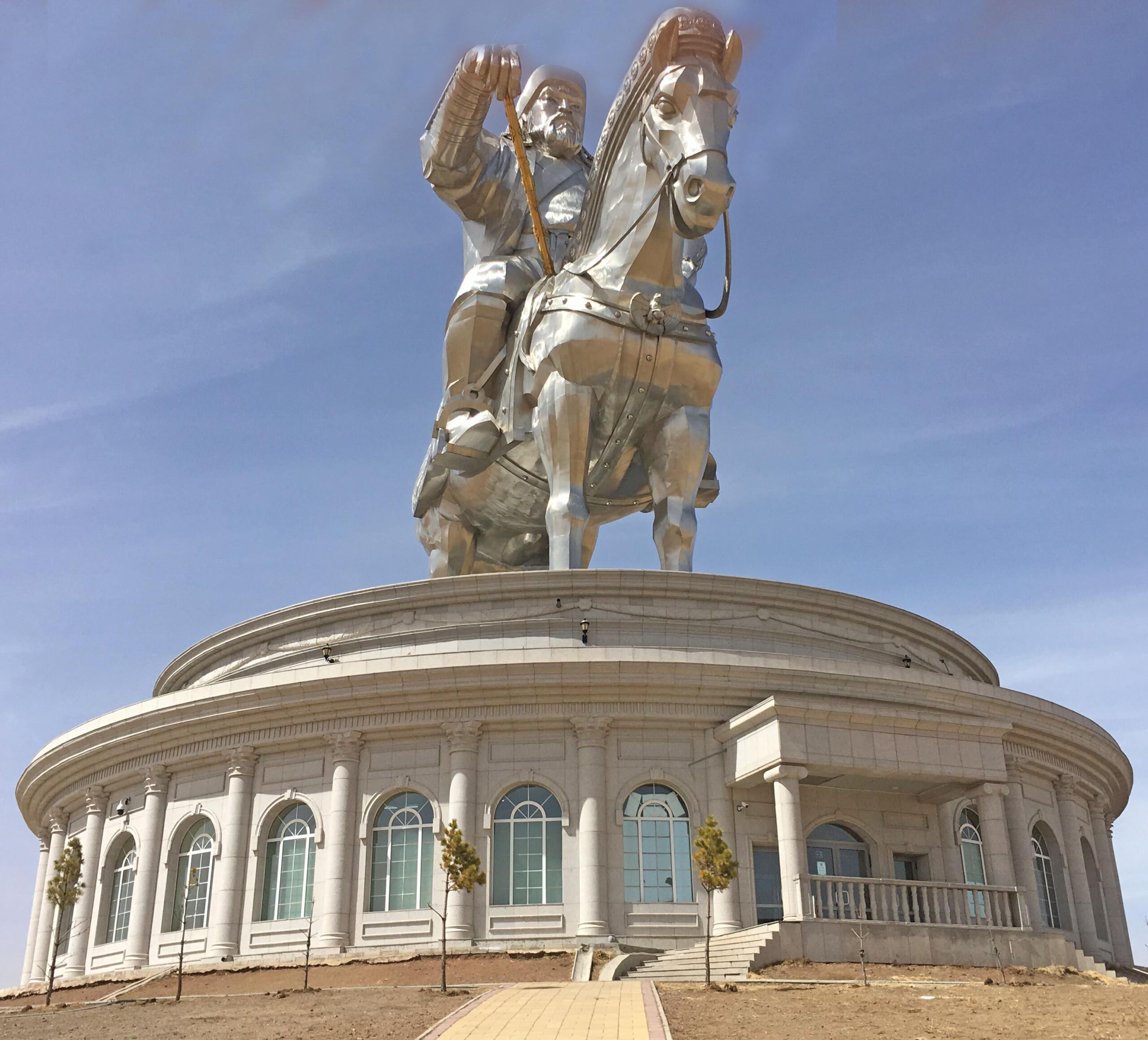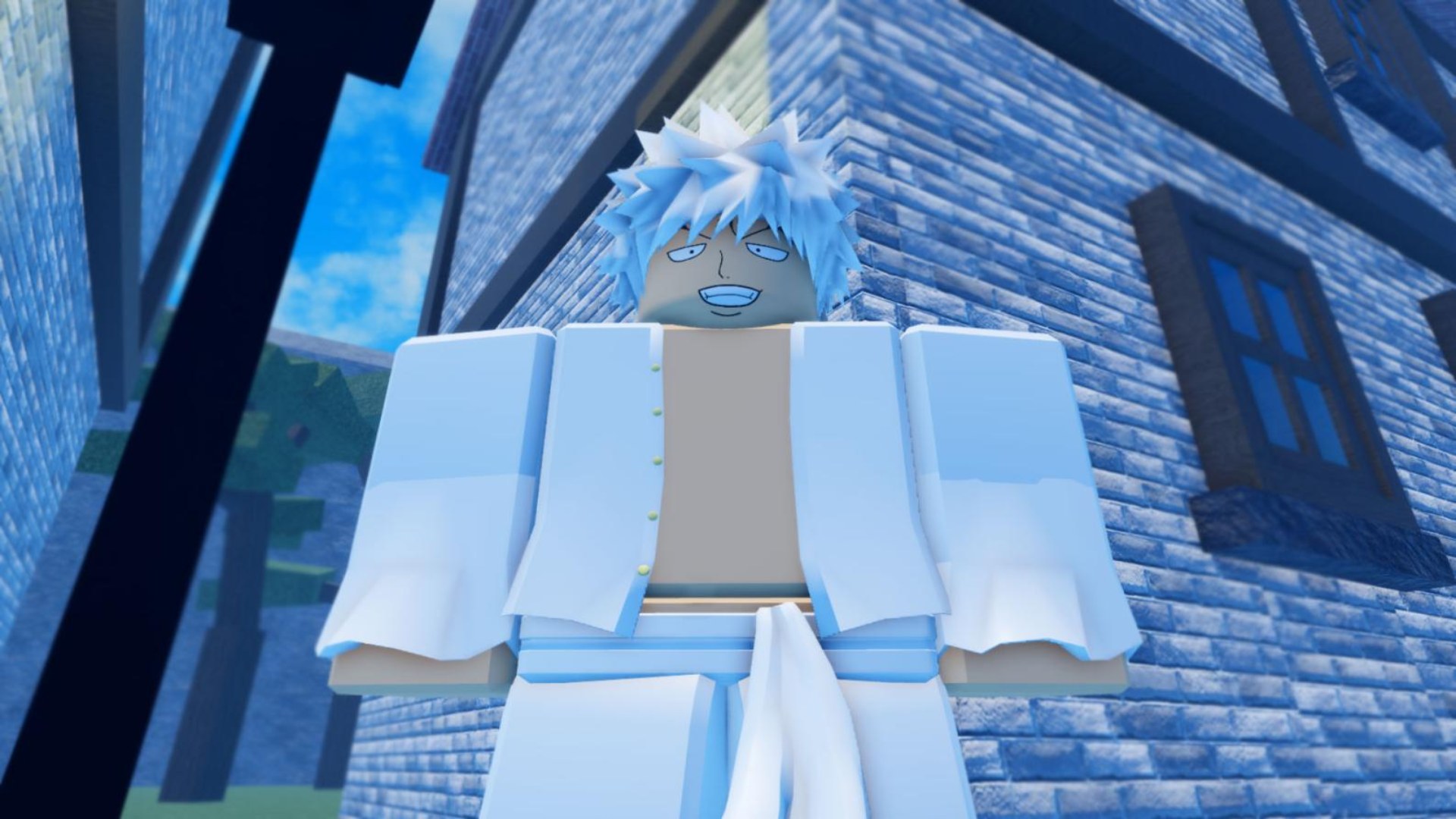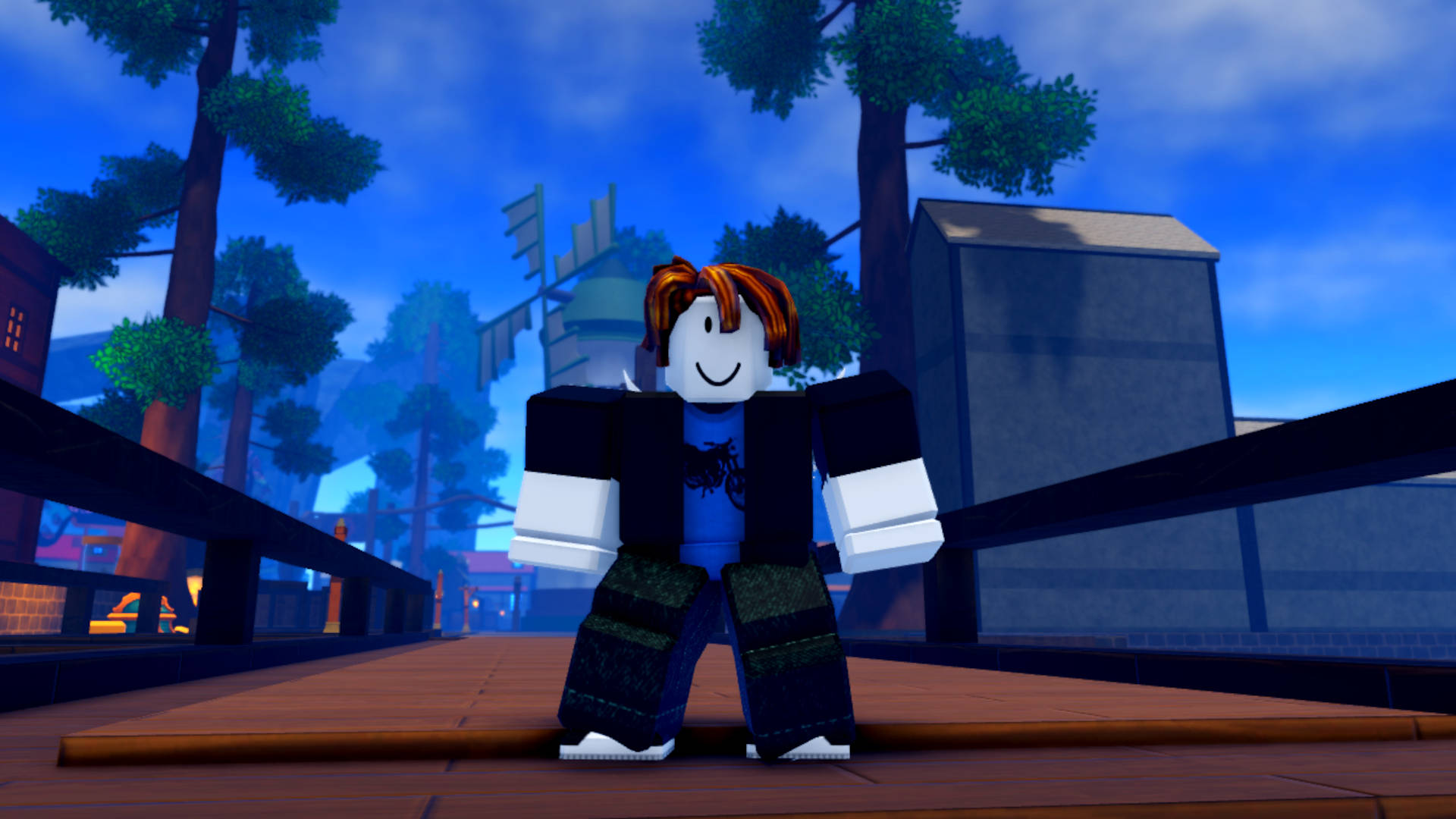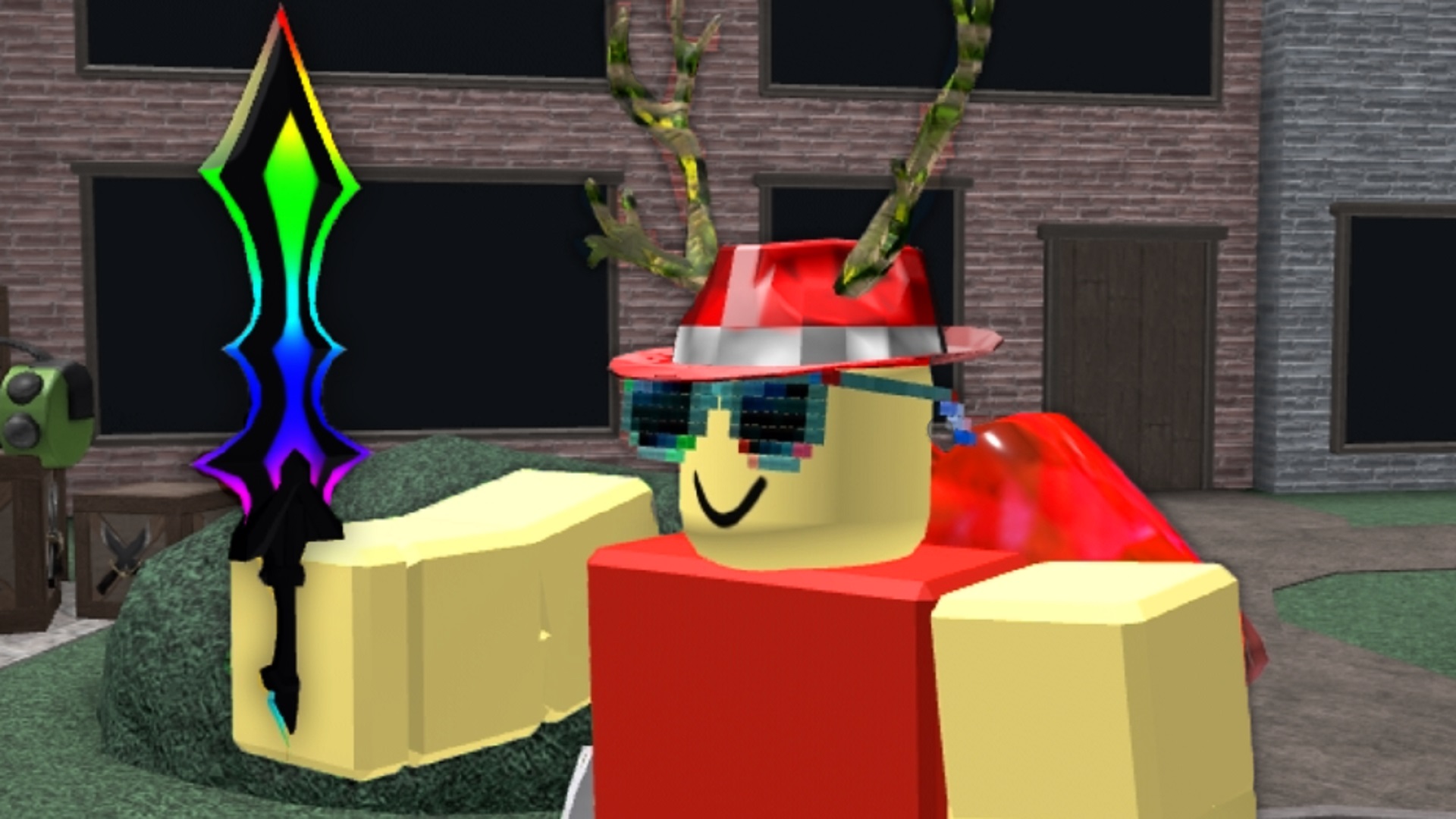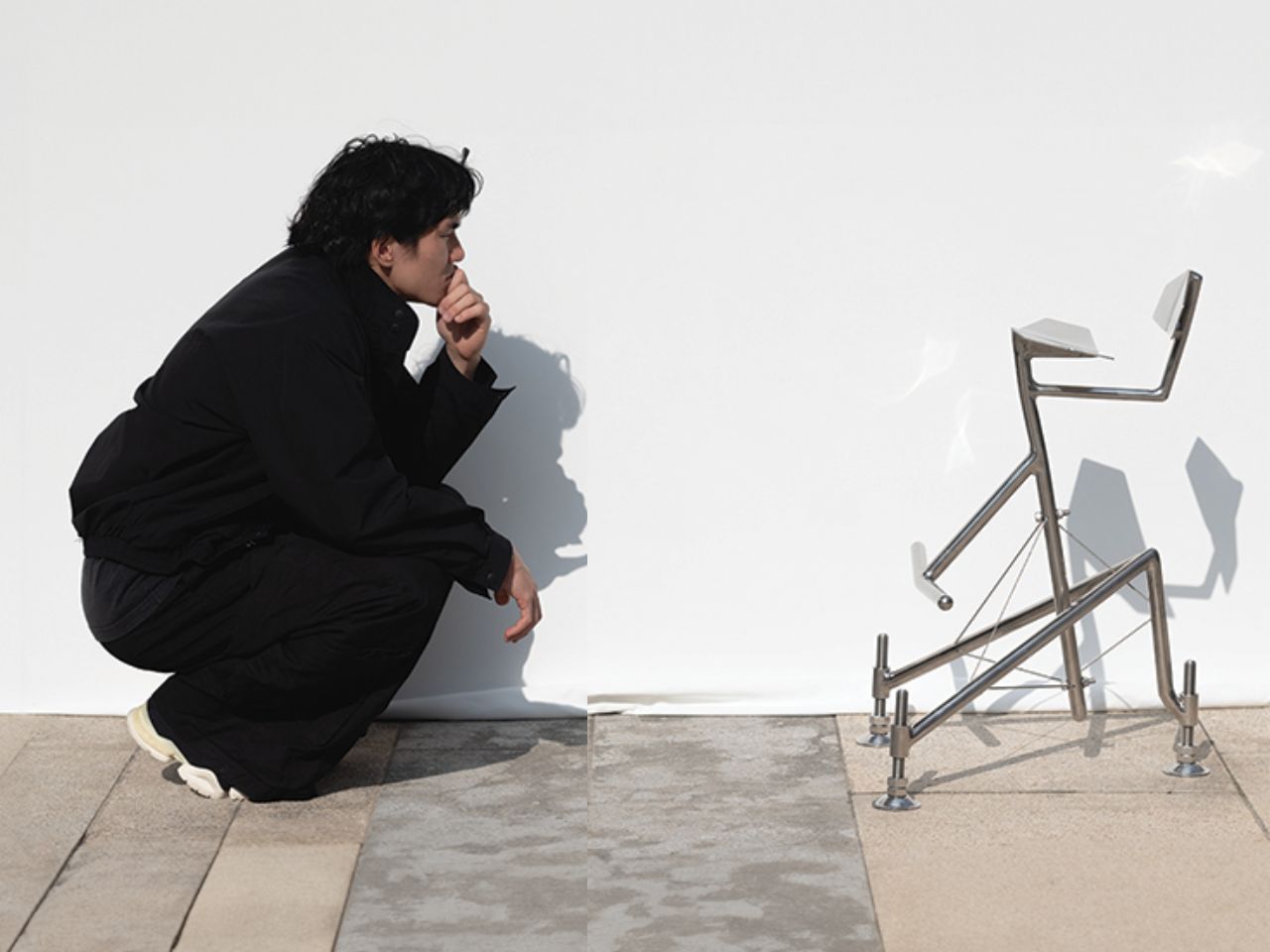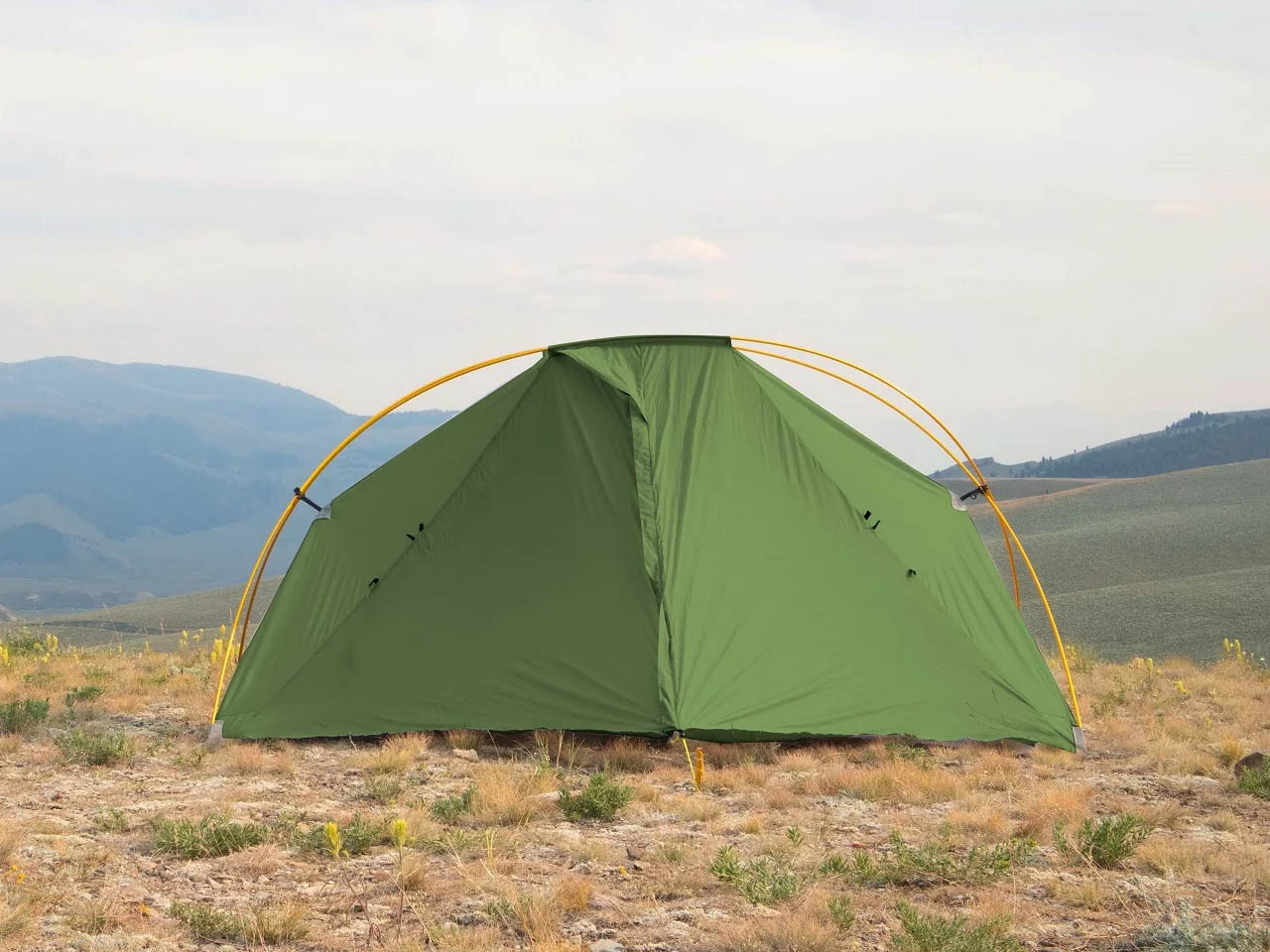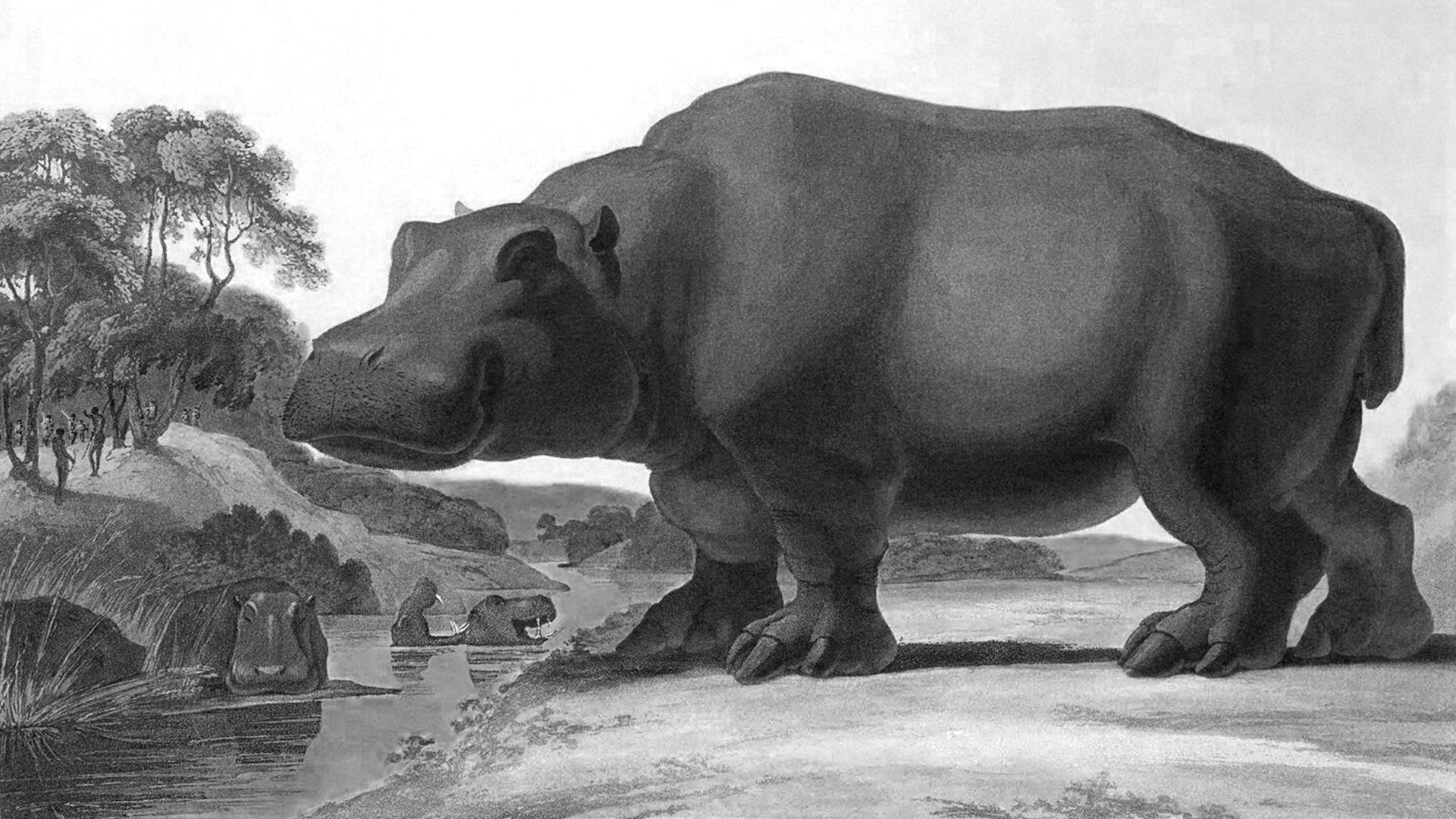Skull Rock in Twentynine Palms, California
In the surreal landscape of Joshua Tree National Park, one rock stands out from the rest for its haunting appearance. Located just off the main park road, Skull Rock is known for its uncanny resemblance to a humanoid skull. The cranium is a bit long, and the face is a bit flat, giving the impression of a fallen giant, or an enormous alien. Of course, just like any boulder, the unusual appearance of Skull Rock is the result of erosion. Infrequent rains pooled into small, natural depressions in the rock, expanding them over the millennia. These depressions became large holes, taking the shape of nostrils and empty eye sockets. Wind, ice, and temperature changes gave further refinement to the shape of the rock. The result was something unexpectedly lifelike (or perhaps death-like) amid the desert’s rugged terrain. The 1.8 mile Skull Rock loop trail passes by many other interesting rock formations, as well as beautiful plants like the Mojave Mound Cactus, Desert Trumpet, and the Woody Forget-me-not. Tortoises, lizards, birds and rodents can be found taking shelter in the shade of the boulders. While Skull Rock itself may evoke images of death, its origin and surroundings serve as a reminder that the desert is both ancient and very much alive.

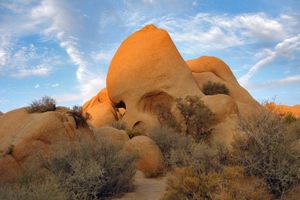
In the surreal landscape of Joshua Tree National Park, one rock stands out from the rest for its haunting appearance. Located just off the main park road, Skull Rock is known for its uncanny resemblance to a humanoid skull. The cranium is a bit long, and the face is a bit flat, giving the impression of a fallen giant, or an enormous alien.
Of course, just like any boulder, the unusual appearance of Skull Rock is the result of erosion. Infrequent rains pooled into small, natural depressions in the rock, expanding them over the millennia. These depressions became large holes, taking the shape of nostrils and empty eye sockets. Wind, ice, and temperature changes gave further refinement to the shape of the rock. The result was something unexpectedly lifelike (or perhaps death-like) amid the desert’s rugged terrain.
The 1.8 mile Skull Rock loop trail passes by many other interesting rock formations, as well as beautiful plants like the Mojave Mound Cactus, Desert Trumpet, and the Woody Forget-me-not. Tortoises, lizards, birds and rodents can be found taking shelter in the shade of the boulders. While Skull Rock itself may evoke images of death, its origin and surroundings serve as a reminder that the desert is both ancient and very much alive.
What's Your Reaction?














